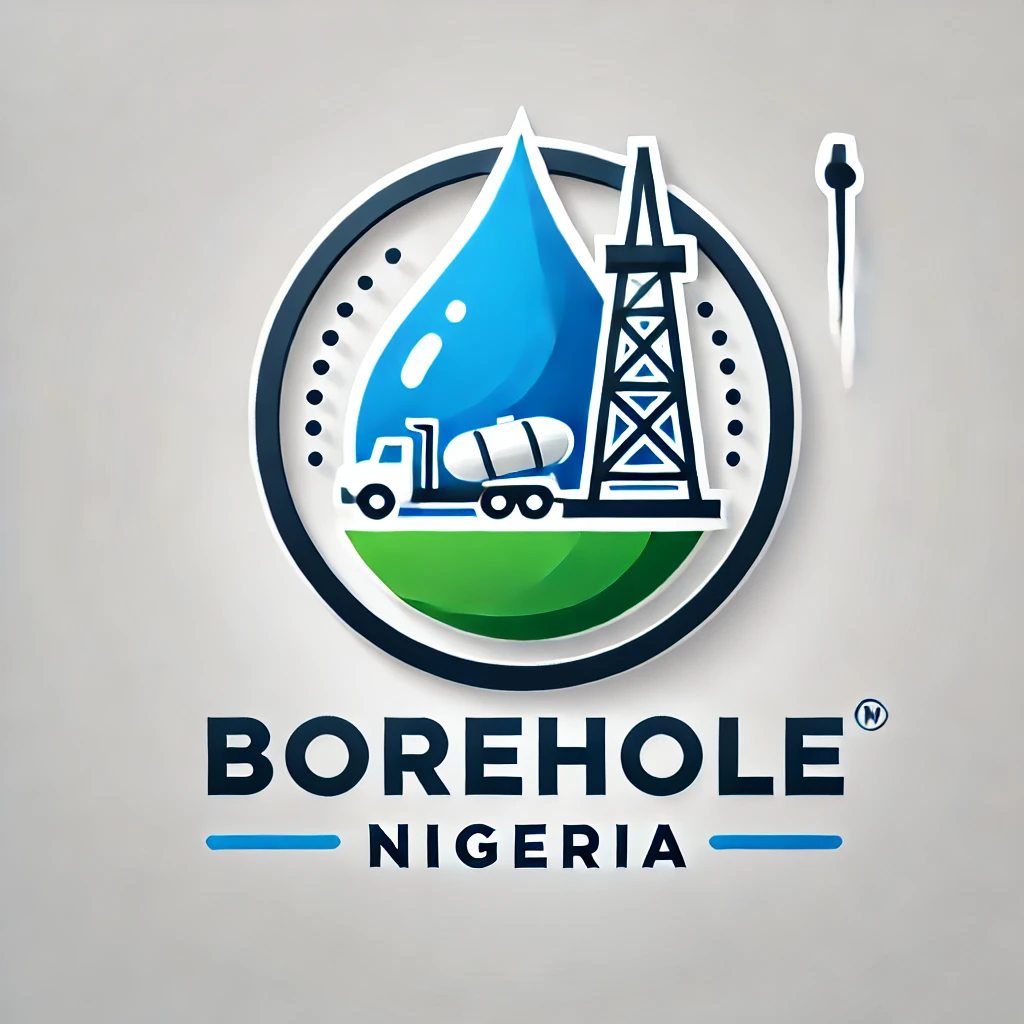Nigeria is estimated to have over 110,000 boreholes across the country, with some estimates suggesting even higher numbers. The exact number of boreholes is challenging to determine due to the continuous drilling activities by private individuals, businesses, communities, and government agencies. Here’s a breakdown of the situation regarding borehole numbers in Nigeria:
1. Widespread Reliance on Boreholes for Water Supply
- Private Boreholes: The vast majority of boreholes in Nigeria are privately owned, drilled by households, businesses, and real estate developers to provide a reliable water supply. This is due to the unreliable public water supply in many areas, which forces people to seek alternative sources. It is estimated that there are tens of thousands of private boreholes across Nigeria, especially in densely populated urban centers like Lagos, Abuja, Kano, Port Harcourt, and Ibadan.
- Commercial and Institutional Boreholes: Many commercial establishments, such as hotels, industries, schools, hospitals, and shopping malls, have their own boreholes to ensure a steady water supply. These boreholes are generally deeper and designed to cater to higher water demands.
- Community and Government Boreholes: The Nigerian government, through various federal, state, and local agencies, has also invested in borehole drilling to provide water in rural and underserved areas. Non-Governmental Organizations (NGOs) and international bodies have also contributed to borehole drilling projects, especially in communities where access to safe drinking water is limited.
2. Estimated Number of Boreholes in Nigeria
- Over 110,000 Boreholes: It is estimated that Nigeria has over 110,000 boreholes, with some estimates suggesting the number could be much higher, potentially exceeding 200,000 boreholes. This figure accounts for private, commercial, community, and government-operated boreholes across the 36 states and the Federal Capital Territory (FCT), Abuja.
- Geographic Distribution: The number of boreholes varies significantly by region. Urban areas like Lagos, Abuja, and Kano have a higher concentration of boreholes due to the dense population, high water demand, and unreliable municipal water supply. In contrast, rural areas may have fewer boreholes, but they are often vital for community water access.
3. Reasons for the High Number of Boreholes in Nigeria
- Inadequate Public Water Supply: The public water supply infrastructure in Nigeria is inadequate and often unreliable. The existing water supply systems managed by state water corporations are outdated, underfunded, and unable to meet the growing demand. As a result, individuals and businesses drill boreholes to secure a consistent and clean water supply.
- Rapid Urbanization and Population Growth: Nigeria’s rapid urbanization and population growth have put immense pressure on existing water resources. Boreholes provide a quick and relatively easy solution for residents and businesses needing water access in expanding cities and towns.
- Groundwater Availability: In many regions of Nigeria, groundwater is relatively accessible, making borehole drilling a viable option for water supply. However, the ease of drilling also leads to over-extraction and unregulated drilling activities.
4. Concerns About the Proliferation of Boreholes
- Groundwater Depletion: The uncontrolled drilling of boreholes raises concerns about groundwater depletion, especially in densely populated urban centers. Over-extraction can lead to a decline in water tables, causing some boreholes to run dry or reduce their yield over time.
- Water Quality Issues: Without proper regulation, many boreholes may not be constructed to standards, leading to potential contamination risks. Poorly constructed or maintained boreholes can allow pollutants to enter the groundwater, posing health risks.
- Regulation and Sustainable Management: While boreholes provide critical water access, there is a growing need for sustainable groundwater management to prevent environmental issues like land subsidence, saltwater intrusion (especially in coastal areas), and ecosystem degradation.
5. Government Efforts to Regulate Borehole Drilling
- Regulatory Frameworks: To manage groundwater resources and ensure sustainability, several states have established regulatory bodies and frameworks for borehole drilling. These include permits, licensing, and guidelines to monitor and control borehole proliferation.
- Water Abstraction Fees: Some states have implemented water abstraction fees or borehole taxes to regulate the number of boreholes and encourage sustainable water usage practices.
Conclusion: The Importance of Sustainable Borehole Management
While boreholes are essential for addressing Nigeria’s water supply challenges, their proliferation must be carefully managed to avoid long-term environmental and public health issues. Investing in sustainable water management practices, improving public water infrastructure, and enforcing regulations are critical steps toward ensuring reliable water access for all Nigerians.
If you are considering drilling a borehole or need maintenance for an existing one, Borehole Nigeria provides comprehensive services, including drilling, water treatment, and regulatory compliance support. Contact us today for professional consultation and reliable service to ensure your borehole is safe, sustainable, and effective.
